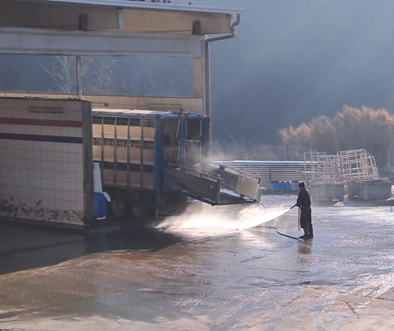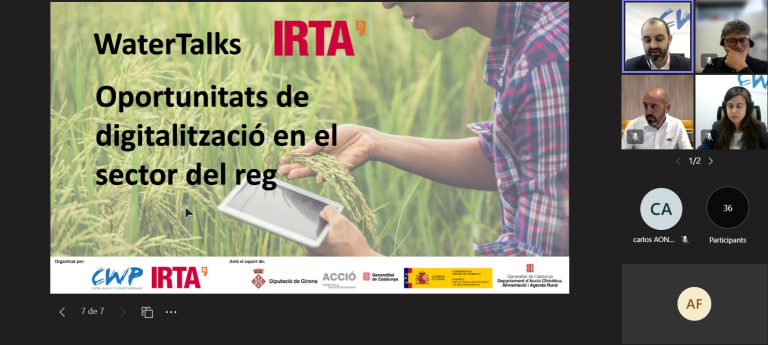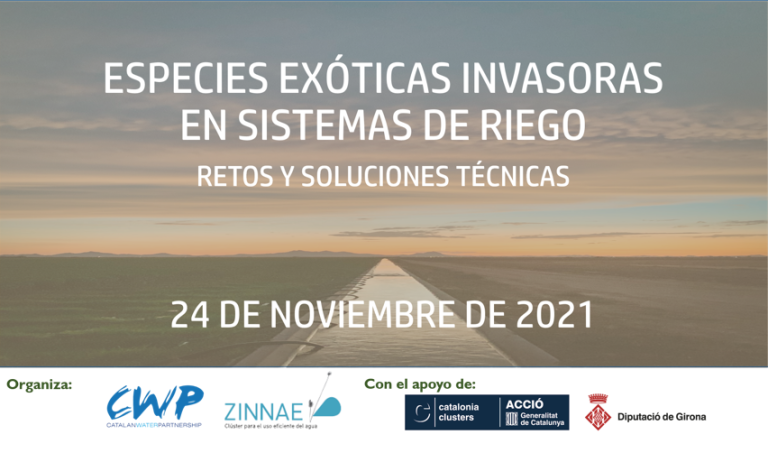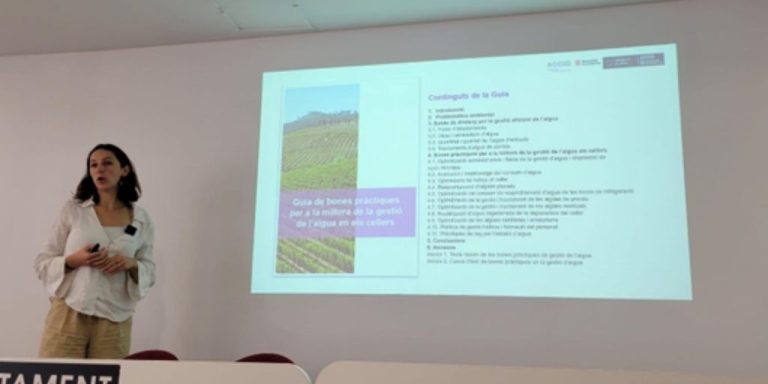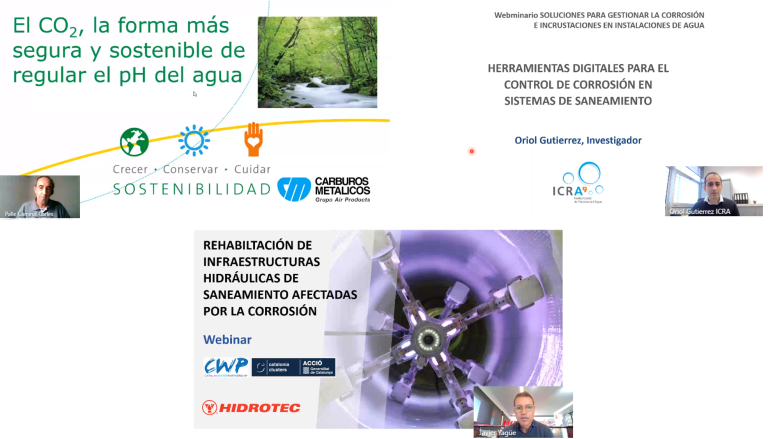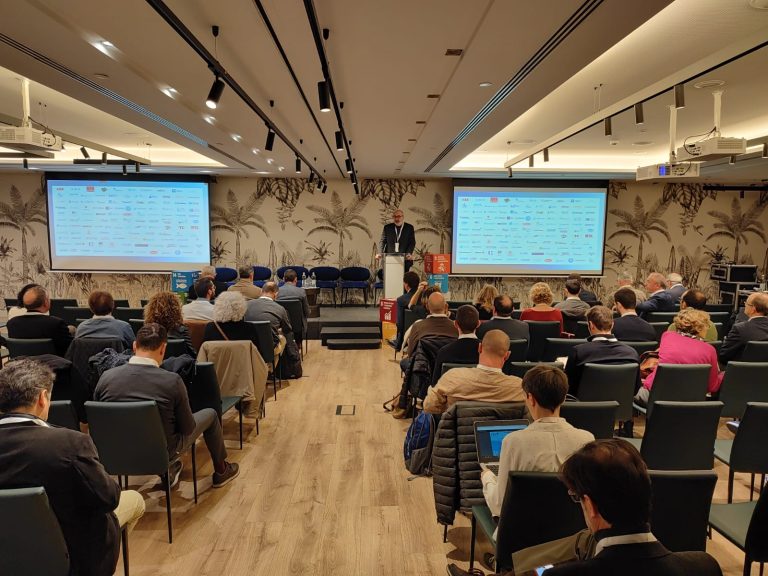The VECOLI project is working on training virtual sensors to reuse water in the meat industry
VECOLI is a collaborative project aimed at providing meat industry companies with tools to ensure that water quality criteria enabling reuse are consistently met. While technology is currently available to regenerate effluents and achieve appropriate quality levels, guaranteeing these levels continuously—especially for microbiological parameters—is costly and slow in terms of obtaining results. This creates a regulatory barrier to reusing water in the meat industry, despite the sector’s significant potential for water savings.
The project’s proposal is to use virtual sensors for Escherichia coli to continuously monitor microbiological quality. As of today, the pilot developed by the company ADASA Sistemas has already been installed at the Avinyó slaughterhouse, and work is underway to train the artificial intelligence system for data interpretation. Once calibrated and trained, it will allow for the continuous extrapolation of E. coli concentration in the regenerated effluents from the plant’s own wastewater treatment facility (EDAR), based on the interpretation of primary physicochemical data, validated with punctual and continuous measurements from the aquaBio equipment for E. coli concentration.
VECOLI is a project funded by ACCIÓ through the 2023 Competitiveness Reinforcement Aid program. It is led by the CWP and involves the participation of the technology company ADASA Sistemas, the Avinyó slaughterhouse, and the meat and alternative protein cluster INNOVACC.
